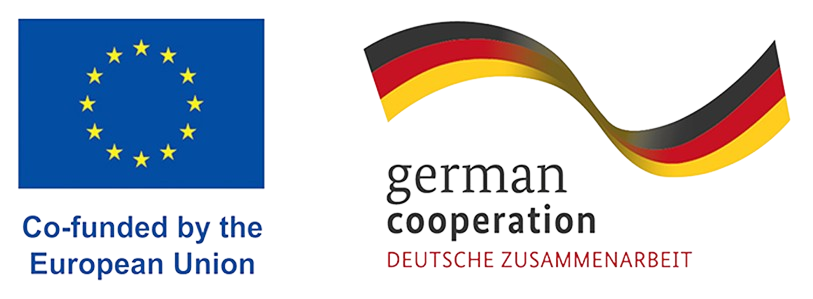
Oil and gold prices rose after US officials said an Israeli missile had hit Iran.
Brent crude, the international benchmark, rose 1.8% to $88 a barrel, while gold briefly neared a record high before falling back to nearly $2,400 an ounce.There are concerns that a worsening conflict in the Middle East could disrupt oil supplies.
Oil prices had initially increased by 3.5%. However, gains were pulled back after Iranian state media claimed there was "no damage" in Isfahan province, where there were reports of explosions.Fuel and energy prices have been a major driver behind the higher cost of living around the world in the past two years.
Randeep Somel, fund manager at M&G Investment Management, told the BBC's Today program that: "The concern for the markets would be mainly inflation, which would actually add to inflation."
"It is good to see that this has not escalated further and that we hope that the disruption in the markets is short-lived," writes BBC, KosovaPress broadcasts.
The heightened tension in the Middle East has led to concerns about whether shipping through the Strait of Hormuz between Oman and Iran will be affected.
It is a crucial sea route, as about 20% of the world's total oil supply passes through it.
Iran is the world's seventh-largest oil producer, according to the US Energy Information Administration, and the third-largest OPEC member.

